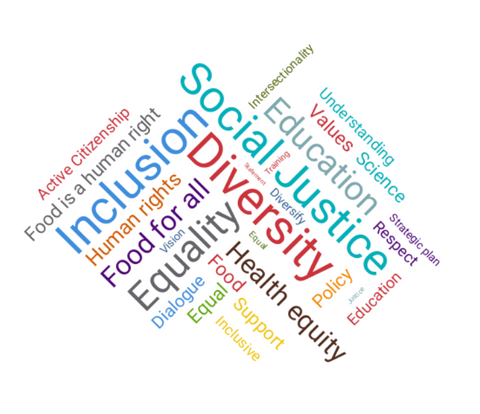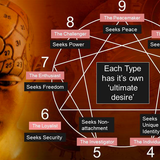
Diversity and Equity Issues in Education
Instructor Anne Shute
Course Number PRDV 74729
This course explores issues related to diversity, equity, social justice, bias and microaggressions. Ann Equity literacy framework and case study approach are utilized to analyze the following topics: poverty and socioeconomic status, religion, race, ethnicity and culture, sex, gender identity and gender expression, disability, sexual orientation, language and immigrant status. Policies for creating equitable and safe school climate for students are examined. Throughout the course participants examine existing lesson plans developed to address issues of diversity and equity and analyze how these can be incorporated into k-12 educational settings.
The content of this course aligns with the Massachusetts Department of Elementary and Secondary Education's mission to meet the needs of all learners. The guidebook for Inclusive Practices states "Massachusetts has a longstanding commitment to providing a high-quality public economic status, cultural background, sexual orientation, exposure to trauma, or disability status. There are persistent gaps in the quality of educational opportunities available to students in Massachusetts, however, and these gaps are the call to action1. As the needs of our students become ever more diverse, the importance of fostering inclusive learning environment continue to grow."
(http://www.doe.mass.edu/edeval/guidebook/)
This course is also aligned to the following Massachusetts DESE's Health Frameworks:
5.18 Identify ways n which decision-making is influenced by sound character, family, and personal beliefs
5.19 Explain positive techniques for handling difficult decisions
5.5 Explain and practice a model fro decision-making that included gathering information, predicting outcomes, listing advantages and disadvantages, identifying moral implications, and evaluating decisions.
7.4 Describe the concepts of prejudice and discrimination
7.7 Recognize the positive contribution of character traits (such as tolerance, honesty, self-discipline, respectfulness, and kindness) to relationships, the benefit to relationships which include understanding and respecting individual differences, and the detrimental effect of prejudice (such as prejudice of the basis of race, gender, sexual orientation, class, or religion) on individual relationships and society as a whole.
Required Text: Gorski, Paul C. & Seema G. Pothini (2018). Case Studies on Diversity and Social Justice Education (2nd Edition). (Routledge, New York
Location: Online
Framingham State University - 3 Graduate Credits
We Also Recommend





